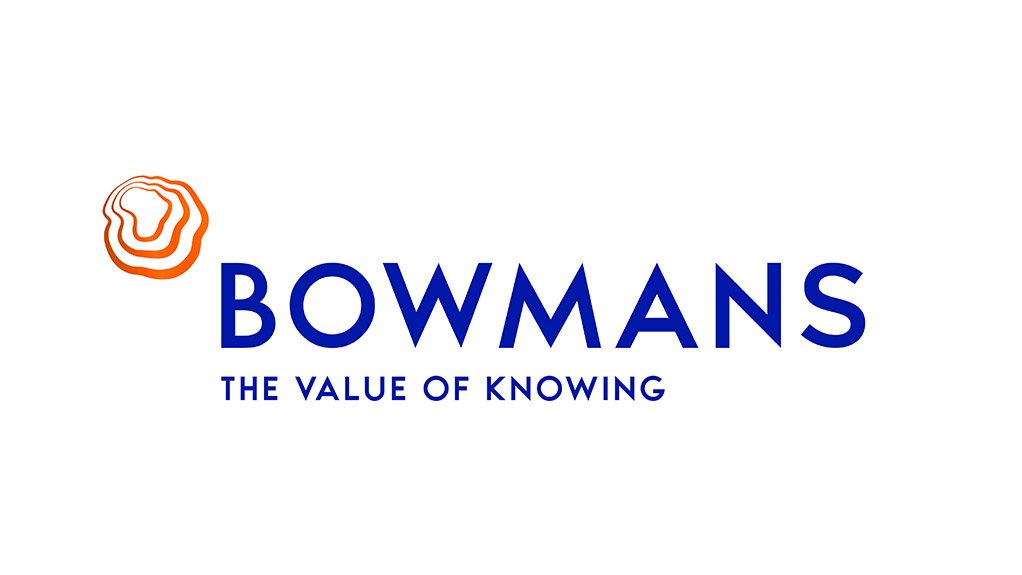With tough choices to be made to achieve the development outcomes sought by the South African Government, and with a shortfall in revenue collections this year, certain tax proposals were made, relating specifically to customs and excise. For example, an increase of 30c/litre in the general fuel levy and 9c/litre in the road accident fund levy, effective 5 April 2017 was announced. Above inflation increases in the excise duties for alcohol and tobacco, of between 6.1% and 10% were tabled. For example, a can of malt beer will now cost 12c more per 340ml can. A pack of 20 cigarettes will now cost R1.06 more.
The introduction of a sugar tax was announced in the 2016 Budget Speech. The Finance Minister announced today that the sugar tax will be implemented as a levy and that both intrinsic and added sugars will fall under the ambit of the tax. The tax will be implemented as soon as the necessary amendments to the Customs and Excise Act are legislated. The proposed tax rate will be 2.1c/gram for sugar content in excess of 4g/100ml. Of this, 50% will apply to concentrated beverages. Notably, the July 2016 Policy Paper mentioned a higher rate of 2,29c/gram of sugar. The rate announced today is lower with a proposed threshold presumably to cater for those products that will be caught in the net as a result of the inclusion of intrinsic sugars.
Further consideration will be given to the proposed carbon tax and its date of implementation. It is expected that a revised Carbon Tax Bill will be published for public consideration and tabled by Parliament by mid-2017. It is proposed that there will be no effect on electricity prices during the first phase of the tax. Further debate and consultation in this regard is welcomed.
September 2017 will see the introduction of an automatic exchange of information between tax authorities, and as from the end of 2017, multinational companies will be required to file further information with SARS on cross-border activities.
Following comments received from external stakeholders during public consultations, amendments to certain provisions of the Customs Control Act (2014) and Customs Duty Act (2014) are being considered.
Big news for miners, farmers and players in the forestry industry is that the diesel refund administration system is being reviewed, the aim of delinking the diesel refund from the VAT system and the introduction of a standalone diesel refund administration.
Written By Virusha Subban, partner specialising in customs, excise and international trade, and Lee-Anne Annandale, associate, Tax Practice, Bowmans
EMAIL THIS ARTICLE SAVE THIS ARTICLE ARTICLE ENQUIRY
To subscribe email subscriptions@creamermedia.co.za or click here
To advertise email advertising@creamermedia.co.za or click here











